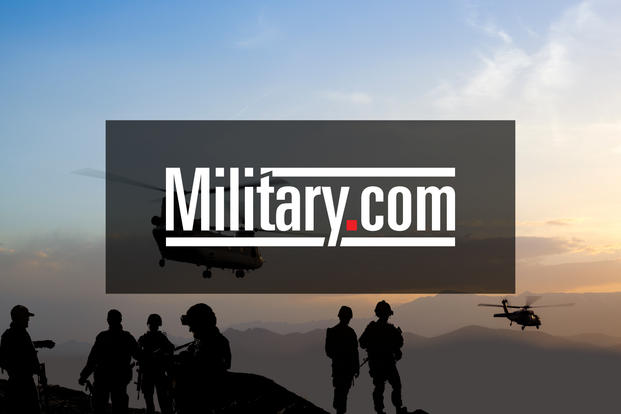Kurdish Peshmerga fighters have backed off the campaign against ISIS since the overwhelming "Yes" vote in the non-binding independence referendum in the Kurdish region of northern Iraq, a U.S. military spokesman said Wednesday.
"The focus is not on ISIS as it once was prior to the referendum," said Army Col. Ryan Dillon, a spokesman for Combined Joint Task Force-Operation Inherent Resolve.
"So there has been an effect on the overall mission to defeat ISIS in Iraq as a result of the referendum," Dillon said in a briefing to the Pentagon from Baghdad.
The Peshmerga had been expected to join with the Iraqi Security Forces (ISF) in the battle for one of the last strongholds of the Islamic State of Iraq and Syria in the north-central town of Hawija, but the Kurds have thus far stayed away from the initial stages of the fight, Dillon said.
He said the U.S. expected the Peshmerga might assist by holding to their defensive positions north of Hawija to prevent the escape of ISIS fighters.
Iraqi Kurds in the referendum held Monday voted 92.7 percent in favor of eventual secession from Iraq, according to results announced Wednesday. The vote was held despite opposition from the U.S., the United Nations, Iran, Turkey and the Baghdad central government of Prime Minister Haider al-Abadi.
At the State Department Thursday, spokeswoman Heather Nauert said that the U.S. had repeatedly warned the Kurdish Regional Government (KRG) that the independence vote would lead to instability in the region. "Unfortunately, that has been borne out. This is destabilizing," she said.
Kurdish President Massoud Barzani said that the referendum should not be seen as determining the borders of a future Kurdish state, but should rather lead to negotiations with the Baghdad government over the next two years on independence.
Abadi immediately rejected Abadi's proposal. The KRG must first "cancel the referendum and its outcome," he said. In the meantime, "We will impose Iraqi law in the entire region of Kurdistan under the constitution," he said.
Abadi also threatened to cut off flights into and out of the Kurdish region but Dillon said that U.S. military flights were continuing.
The immediate effect was that "prior to the referendum, there were no questions about where the focus was from the ISF," Dillon said.
"What I'll say now is there's a lot of posturing and a lot of things that have been said about what could or may happen," Dillon said, and "the focus which used to be like a laser beam on ISIS is now not 100 percent there."
-- Richard Sisk can be reached at Richard.Sisk@Military.com.





























